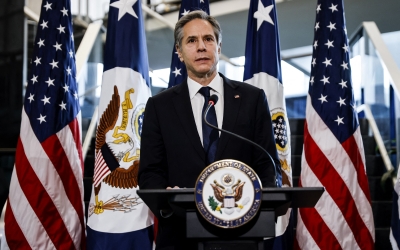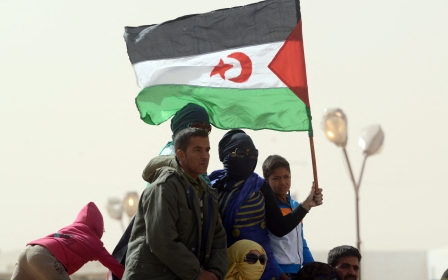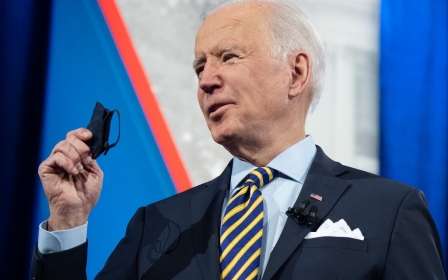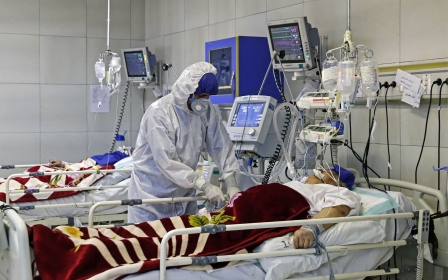European powers, US warn Iran against further breaches of nuclear deal
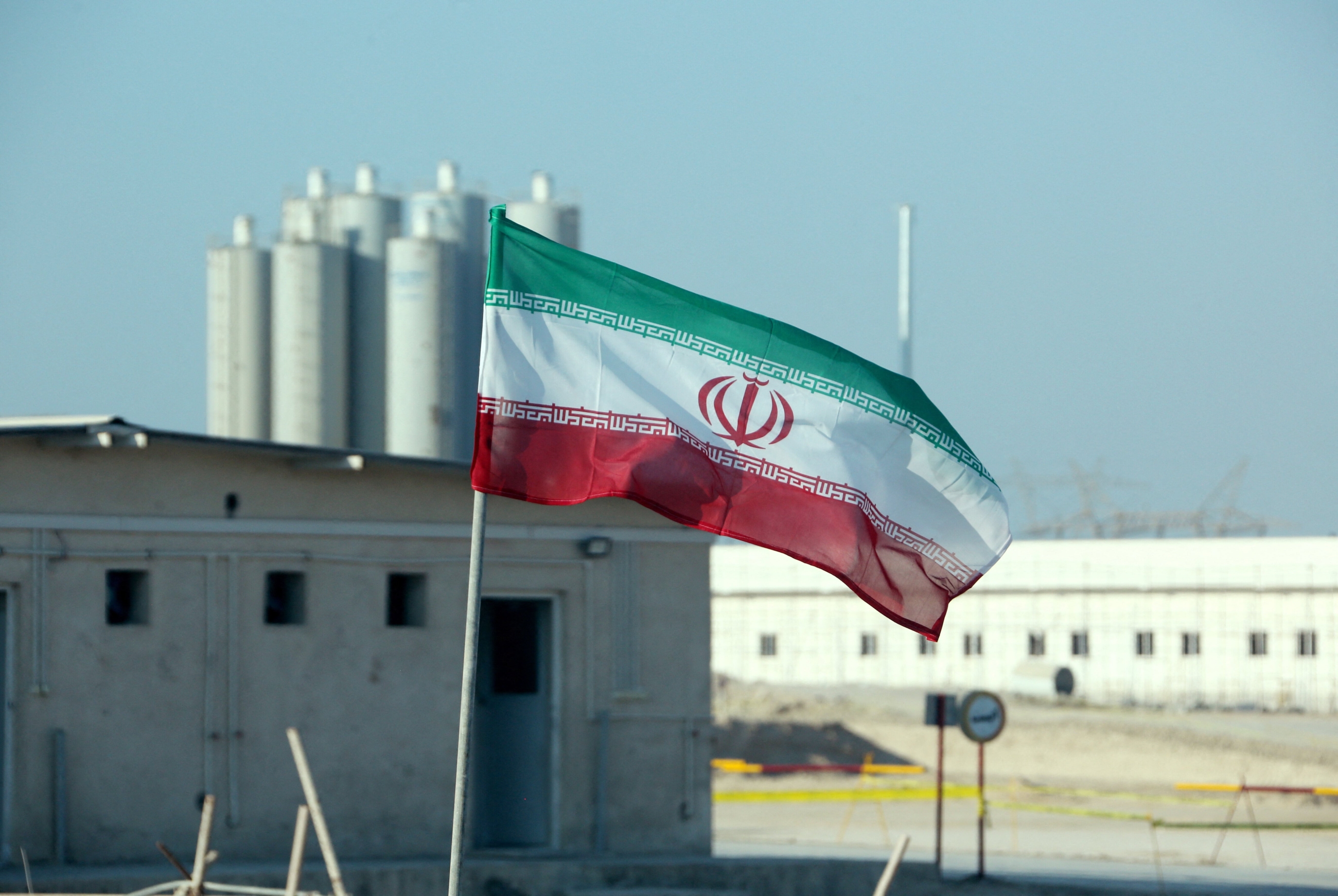
The United States and major European powers warned Iran against further breaches of the nuclear deal, presenting a united front for diplomacy while opposing a looming move by the Islamic Republic to restrict UN inspectors' access to its atomic facilities.
In a joint statement released on Thursday, US Secretary of State Tony Blinken and the foreign ministers of the E3 - the UK, Germany and France - expressed concern over Iran's violations of the agreement, which Washington nixed in 2018 and has yet to rejoin.
The pact, known as the Joint Comprehensive Plan of Action, saw Iran scale back its nuclear programme in exchange for lifting sanctions against its economy.
"The E3 and the United States affirmed their shared objective of Iran's return to full compliance with its commitments under the JCPOA," the statement said.
US President Joe Biden had committed to reviving the agreement, but his administration is calling on Iran to return to full compliance with the deal before sanctions are lifted.
New MEE newsletter: Jerusalem Dispatch
Sign up to get the latest insights and analysis on Israel-Palestine, alongside Turkey Unpacked and other MEE newsletters
Iranian officials, however, say that Washington - as the party that left the JCPOA - must make the first move.
Sequencing compliance
In the joint statement on Thursday, Washington reiterated its position on its preferred sequence for a return to the deal - but said it was open to talks with Iran to ensure that goal.
Notably, that part of the communique singles out the American position, suggesting that it may not be shared by the E3.
"Secretary Blinken reiterated that, as President Biden has said, if Iran comes back into strict compliance with its commitments under the JCPOA, the United States will do the same and is prepared to engage in discussions with Iran toward that end," it said.
Later on Thursday, Washington said it was ready to accept an invitation to direct talks with Iran to "discuss a diplomatic way forward" about Tehran's nuclear programme.
Further down in the statement, the three European countries said they supported both countries to adhere to the agreement: "The E3 welcomed the prospect of a US and Iranian return to compliance with the JCPOA."
Former US President Donald Trump embarked on a "maximum pressure" campaign of sanctions against Iran after leaving the deal. In turn, Iran has been loosening its commitment to the pact by enriching uranium beyond the restrictions set by the pact.
The Iranian parliament has also passed a law to end the "additional protocol" of snap UN inspections of Iran's nuclear facilities by the International Atomic Energy Agency (IAEA).
"The E3 and the US called on Iran not to take any additional steps, in particular with respect to the suspension of the Additional Protocol and to any limitations on IAEA verification activities in Iran," the Western countries said on Thursday.
"The E3 and the United States are united in underlining the dangerous nature of a decision to limit IAEA access, and urge Iran to consider the consequences of such grave action, particularly at this time of renewed diplomatic opportunity."
Zarif responds
Iranian Foreign Minister Mohammad Javad Zarif was quick to hit back at the statement, saying Iranian breaches to the pact were merely a result of Washington's withdrawal from it.
"Our remedial measures are a response to US/E3 violations. Remove the cause if you fear the effect," Zarif wrote on Twitter.
Despite the warning to Iran, the US-European statement had lauded the nuclear accord.
"Regarding Iran, the E3 and the United States expressed their shared fundamental security interest in upholding the nuclear non-proliferation regime and ensuring that Iran can never develop a nuclear weapon," the diplomats said.
"In this context, the conclusion of the JCPOA was a key achievement of multilateral diplomacy. The E3 welcomed the United States’ stated intention to return to diplomacy with Iran as well as the resumption of a confident and in-depth dialogue between the E3 and the United States."
The Western officials also raised questions over the increased level of uranium enrichment by Iran, noting that it had "no credible civil justification".
"Uranium metal production is a key step in the development of a nuclear weapon," the statement said.
After reviving the JCPOA, the countries pledged to coordinate to strengthen the deal and address Iran's ballistic missile programme and regional activity.
Iran has ruled out negotiating over its ballistic missile programme or regional policies with Washington, arguing it was the US which militarised the region with weapon sales to Saudi Arabia and the UAE.
Middle East Eye delivers independent and unrivalled coverage and analysis of the Middle East, North Africa and beyond. To learn more about republishing this content and the associated fees, please fill out this form. More about MEE can be found here.


